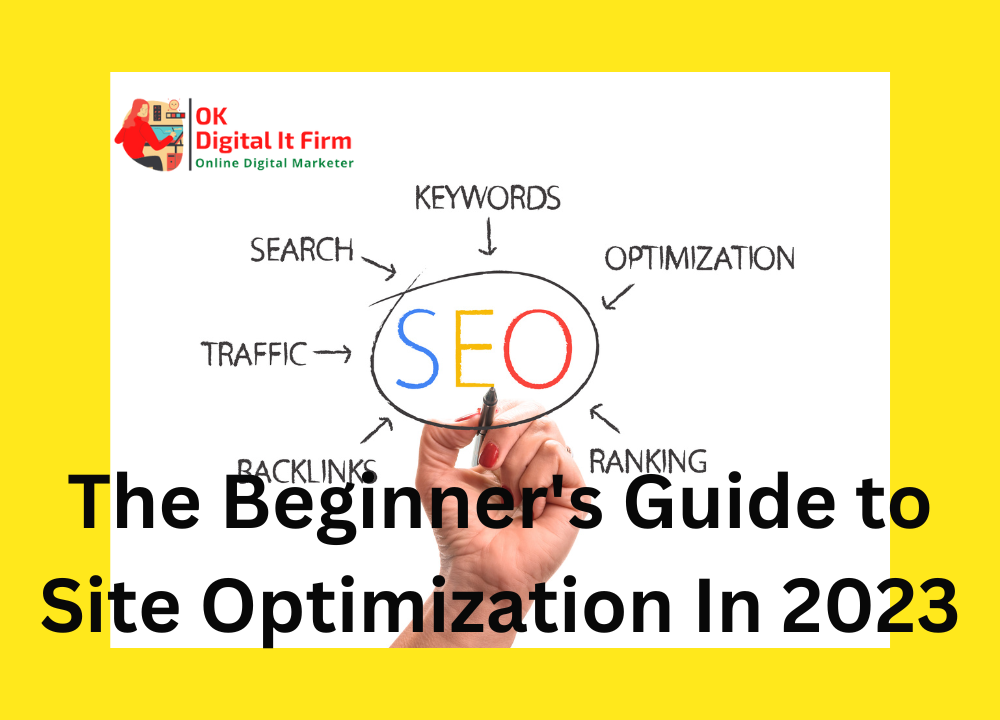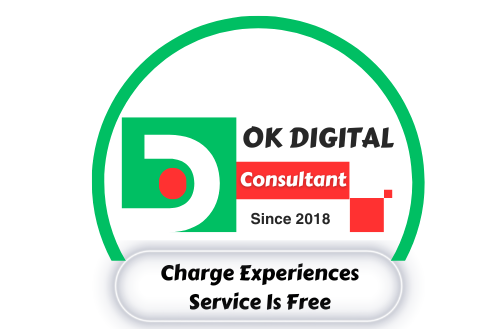The beginners guide to site optimization, beginners guide to site optimization, site optimization, guide to site optimization, optimization, seo, website optimization, seo success,
In today’s digital age, having an online presence is crucial for businesses and individuals alike. Whether you run a personal blog or manage a thriving e-commerce store, ensuring that your website is optimized for performance and visibility is paramount.
This comprehensive guide will walk you through the fundamentals of site optimization, from the basics to advanced strategies. By the end of this article, you’ll have the knowledge and tools needed to enhance your website’s performance and drive more organic traffic.
Introduction: Understanding Site Optimization
Site optimization, often referred to as Search Engine Optimization (SEO), is the process of improving a website’s visibility on search engines like Google, Bing, and Yahoo. It involves various strategies and techniques aimed at enhancing your website’s ranking in search results.
Why Site Optimization Matters
In today’s competitive digital landscape, millions of websites are vying for the attention of online users. Site optimization is crucial because it helps your website stand out and attracts organic traffic.
Setting Clear Goals for Your Website
Before diving into optimization strategies, it’s essential to establish clear goals for your website. Are you looking to boost sales, increase blog readership, or simply provide information? Your goals will shape your optimization approach.
Keyword Research and Analysis
Keyword research is the foundation of SEO. It involves identifying the keywords and phrases your target audience is likely to use when searching for content related to your website.
On-Page SEO Techniques
On-page SEO focuses on optimizing elements within your website. This includes title tags, meta descriptions, header tags (H1, H2, H3, H4), keyword placement, image optimization, and URL structure.
Content Creation and Optimization
Creating high-quality, engaging content is key to SEO success. Learn how to create content that resonates with your audience, implement a blogging strategy, and utilize internal linking.
Mobile-Friendly Design
With the majority of internet users browsing on mobile devices, having a mobile-friendly website is essential for SEO and user experience.
Page Speed Optimization
Slow-loading pages can deter users and harm your SEO efforts. Discover techniques for improving page speed, including minimizing CSS and JavaScript, image compression, and caching.
Off-Page SEO Strategies
Off-page SEO involves activities outside of your website, such as link building, social media signals, and online reputation management.
Technical SEO
Explore technical aspects of SEO, including XML sitemaps, robots.txt, and schema markup, to ensure your website is search engine-friendly.
Analytics and Monitoring
Learn how to use tools like Google Analytics and Google Search Console to track your website’s performance and make data-driven decisions.
Testing and Tweaking
Optimization is an ongoing process. Discover how to test different strategies and make adjustments based on performance data.
The Role of User Experience (UX)
A positive user experience not only keeps visitors on your site but also influences search engine rankings.
Security and HTTPS
Securing your website with HTTPS is not only vital for user trust but also impacts SEO.
Pros of Site Optimization:
- Increased Visibility: Site optimization improves your website’s ranking on search engines, making it more likely to appear in search results. This increased visibility can attract a larger audience.
- Organic Traffic: Optimized websites often receive more organic (non-paid) traffic, which can be more valuable than paid traffic in the long run.
- Better User Experience: Optimization involves improving the user experience by making your site faster, more mobile-friendly, and easier to navigate. This can lead to higher user satisfaction and longer on-site engagement.
- Competitive Advantage: In competitive online markets, proper optimization can give you an edge over competitors who neglect SEO.
- Cost-Effective: Compared to paid advertising, SEO can be a cost-effective way to drive traffic and generate leads over time.
- Long-Term Benefits: Once your site ranks well, it can maintain its position for an extended period, providing a consistent stream of organic traffic.
Cons of Site Optimization:
- Time-Consuming: SEO is not a quick-fix solution. It takes time to see significant results, and ongoing efforts are required to maintain rankings.
- Complexity: SEO involves various technical aspects, and the algorithms used by search engines are constantly evolving. Staying up-to-date can be challenging.
- Uncertain Results: There are no guarantees in SEO. Despite your best efforts, there’s no assurance that your site will rank at the top of search results for every keyword.
- Competitive Field: Many websites are vying for the same top positions in search results, making it a competitive field. This can make it harder to achieve and maintain high rankings.
- Algorithm Changes: Search engines frequently update their algorithms, which can affect your rankings. An algorithm change can cause a drop in traffic and require adjustments to your optimization strategy.
- Resource Intensive: To succeed in SEO, you may need to invest in tools, content creation, and possibly hire experts. It can be resource-intensive for businesses with limited budgets.
Conclusion: Your Path to SEO Success

By implementing the strategies outlined in this guide, you can embark on your journey to SEO success. Remember that site optimization is an ongoing effort, and staying updated with industry trends is crucial.
Frequently Asked Questions: Site Optimization
- What is SEO, and why is it important for websites?SEO stands for Search Engine Optimization, and it is essential for websites because it helps improve their visibility on search engines. This increased visibility can lead to more organic traffic, which can be beneficial for businesses and individuals looking to reach a broader audience.
- How long does it take to see results from SEO efforts?The timeline for seeing results from SEO can vary depending on various factors, including the competitiveness of your niche and the strategies you implement. Generally, it takes several months to start seeing significant improvements in search engine rankings.
- Is it necessary to hire an SEO expert, or can I do it myself?While hiring an SEO expert can be beneficial, many individuals and small businesses successfully manage their SEO efforts. There are numerous online resources and tools available to help you learn and implement SEO best practices.
- What are some common SEO mistakes to avoid?Common SEO mistakes to avoid include keyword stuffing, using duplicate content, neglecting mobile optimization, and neglecting to build high-quality backlinks. It’s essential to stay up-to-date with SEO best practices to avoid these pitfalls.
- How can I measure the success of my SEO efforts?You can measure the success of your SEO efforts by monitoring various metrics, such as organic traffic, keyword rankings, click-through rates, and conversion rates. Tools like Google Analytics and Google Search Console provide valuable data to assess your SEO performance.
